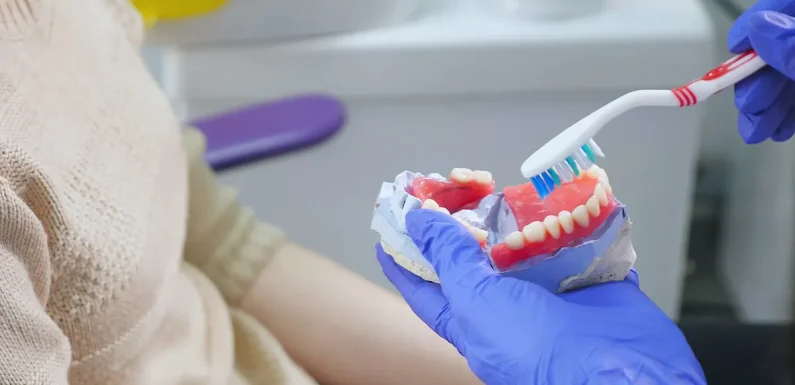
Dental health education and prevention are essential for sustaining excellent oral health. Brushing and flossing regularly are good oral hygiene activities that can help prevent tooth decay and gum disease as explained by a Sacramento dentist. By teaching people the importance of these behaviors, we can help them take charge of their oral health. In this article, we will discuss the importance of dental health education.
Importance of Dental Health Education
Preventing Tooth Decay
Tooth decay is one of the most prevalent oral health issues among youngsters. Oral health education can help prevent tooth decay by teaching children the significance of brushing and flossing regularly, avoiding sugary foods and beverages, and scheduling regular dental check-ups.
Reducing The Risk of Gum Disease
Gum disease is a major oral health concern that can cause tooth loss and other complications. Oral health education can help lower the risk of gum disease by educating children the significance of keeping healthy gums via frequent brushing and flossing, as well as avoiding tobacco use.
Early Detection of Oral Health Problems
Oral health education may teach youngsters how to spot the symptoms of oral health concerns such as cavities, gum disease, and oral cancer. Oral health education can help youngsters avoid significant oral health disorders by teaching them the need of regular dental check-ups and how to spot possible problems.
Encourage Dental Cleanings and Check-Ups
Routine dental cleanings and inspections play an important role in preventing gum disease and tooth decay. Regular dental cleanings make it easy to maintain a regular preventative routine by scheduling appointments for the entire family. Plaque and tartar will be eliminated during each consultation, reducing the risk of cavities and gum disease.
Educating About the Role of Diet:
Dental education highlights the impact of diet on oral health, particularly the role of sugary and acidic foods in cavity formation. Individuals learn:
- Which foods to limit or avoid: Sugary snacks, candies, sodas, and acidic foods can contribute to cavity development. Dental education helps individuals make informed choices about their diet to reduce their risk of cavities.
- The importance of balanced nutrition: A diet high in fruits, vegetables, lean meats, and whole grains contains critical elements for general health, including dental health.
Family dentists are both practitioners and educators. They provide important information and advice for the entire family on healthy dental hygiene and lifestyle choices. They may educate your children on proper brushing and flossing techniques, as well as adults the importance of regular dental checkups, healthy eating habits, and other lifestyle decisions that may have an impact on oral health.








